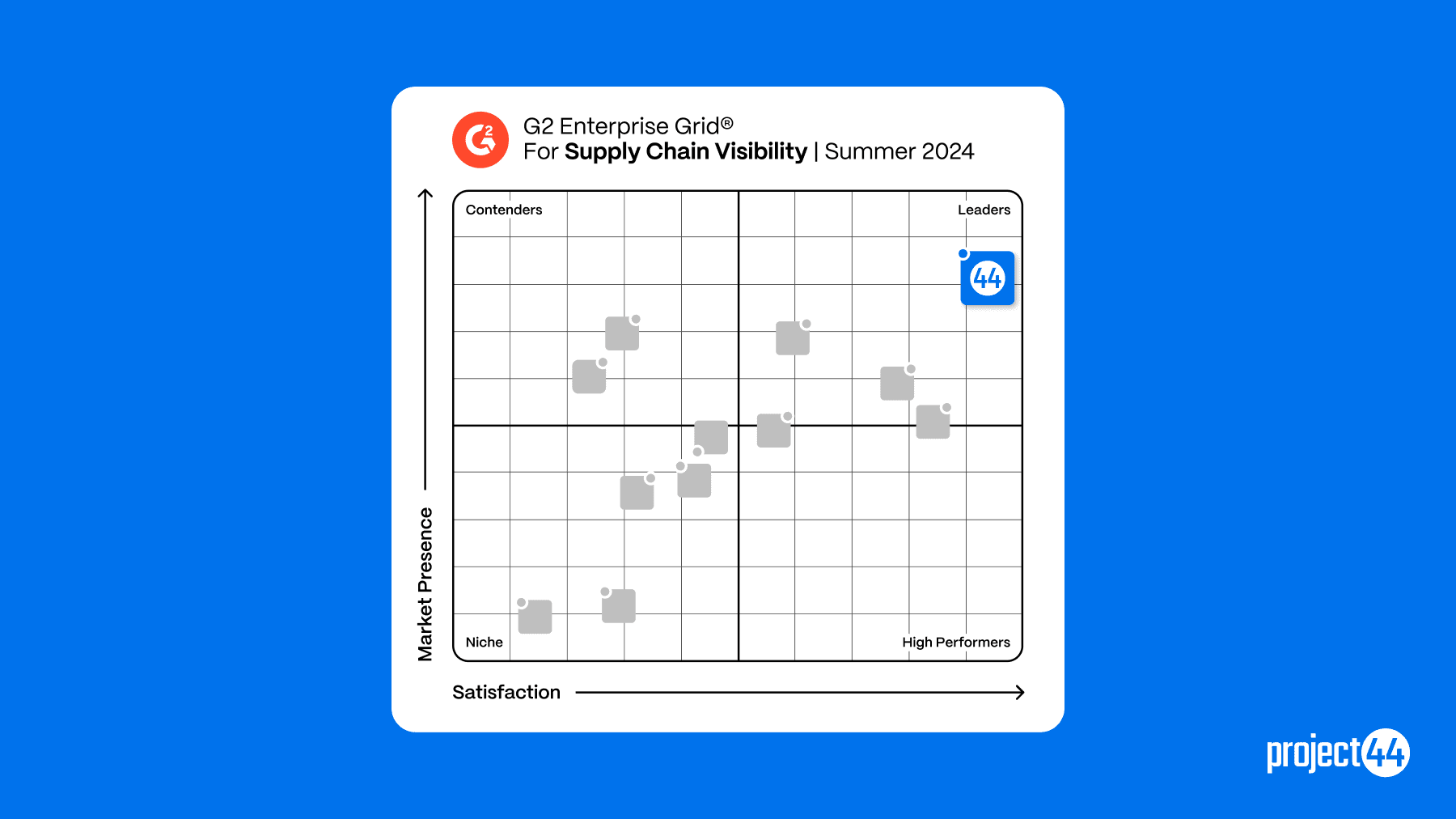API technology is more valuable now than ever before. As many industries still use legacy systems in tandem with more modern solutions, APIs serve as a connection between the two, while also connecting modern systems to other modern systems. Essentially, it’s difficult to connect to disparate pieces of technology without APIs, no matter how old or new those systems are.
As API technology continues to develop and gain traction, there are two types of API companies experiencing success—vertical and horizontal API platforms—each offering a different level of connectivity and expertise. Salesforce recently purchased Horizontal API platform, Mulesoft, sending a clear message that API platforms are valuable commodities in today’s technology landscape.
Vertical vs. Horizontal APIs Platforms
First, let’s examine the two primary types of API platforms—horizontal and vertical.

Mulesoft is a horizontal API platform. They connect technological systems—Saas, IoT, microservices, etc.— via APIs. They span multiple industries and can connect some fairly distantly related systems to one another. It’s an important methodology for solutions in the right context, but it lacks the direct expertise of a vertical solution. For example, when an ERP connects to a CRM they’re likely crossing from one vertical to another, making it a horizontal connection.
project44 is a vertical API platform, meaning our APIs are specifically designed to function within trucking and logistics technology. We have entire teams devoted to engineering, development, support of APIs specific to this industry, and we normalize all of the data that touches our platform so the systems that integrate with us are able to utilize it quickly and efficiently. Supply chain technology is our main focus, resulting in a more refined product, consistent and thorough support, and a commitment to constant innovation and improvement of our solutions.
The Market has a Place for Both Vertical and Horizontal Solutions
When Salesforce acquired Mulesoft for $6.5 billion, it turned a lot of heads. Many people thought the price was too hefty, while some just couldn’t quite place the strategic value. The thing is, Salesforce still integrates into a lot of legacy systems. Those systems house valuable data, but they’re too archaic for Salesforce to effectively harvest that data without the help of modern API solutions. By acquiring Mulesoft, they’re acquiring a company with a wealth of APIs and integration expertise. What they’re not getting, however, are APIs specifically designed to function within a certain vertical.
That’s where the additional value of a vertical API platform can really benefit a company like Mulesoft—they can share their expertise and give Mulesoft access to a wealth of existing integrations, a prebuilt network, and data. If a vertical API platform has already integrated several systems across its vertical the hard work is already done—all a horizontal platform like Mulesoft needs to do is integrate that vertical solution, then they have access to several systems that would have cost them valuable time and resources to build on their own.
For example, project44’s APIs transfer data between things like carries, shippers, transportation management systems, warehouse management systems, 3PLs, and more. These are all different systems across the trucking and logistics vertical, and they require a wealth of domain knowledge in order to build and implement in a useful way. Much of the data transferred via p44 could be useful if integrated with, say, a CRM like Salesforce. Mulesoft integrating with project44 would provide access to that data and create even more visibility for both sides.
Salesforce isn’t just a technology company, they’re a great company. They are successful for a reason, and when companies like Salesforce make moves like buying an API platform for $6.5 billion, everyone should take notice. A move this large suggests that the use of API platforms, both vertical and horizontal, is well past the early adoption phase, and becoming a crucial component of success for businesses involved with integrating technology platforms.
The API economy is still figuring itself out. API platforms has become a crucial aspect of modern technology, especially where sharing information and gaining visibility is concerned. As companies like Salesforce continue making huge investments into APIs, it is becoming increasingly clear that horizontal and vertical platforms have a lot to offer.



